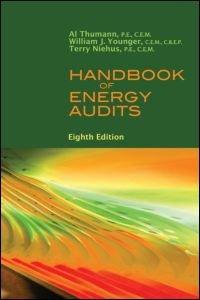

Swain Company manufactures one product, it does not maintain any beginning or ending inventories, and its uses a standard cost system. The company's beginning balance in Retained Earnings is $58,000. It sells one product for $177 per unit and it generated total sales during the period of $640,740 while incurring selling and administrative expenses of $55,200. Swain Company does not have any variable manufacturing overhead costs and its standard cost card for its only product is as follows: (1) (2) Standard Quantity or Hours 7.0 pounds 2.5 hours 2.5 hours Direct materials Direct labor Fixed manufacturing overhead Total standard cost per unit Standard Price or Rate $ 9 per pound $ 12 per hour $ 20 per hour Standard Cost (1) x (2) $ 63 30 50 $ 143 During the period, Swain recorded the following variances: Materials price variance Materials quantity variance Labor rate variance Labor efficiency variance Fixed overhead budget variance Fixed overhead volume variance $ 3,700 U $ 9,600 F $4,200 U $ 6,900 U $ 1,600 U $ 6,700 F Required: 1. When Swain closes its standard cost variances, the cost of goods sold will increase (decrease) by how much? 2. Prepare an income statement for the year. 3. What is Swain's ending balance in Retained Earnings? Management of Mittel Rhein AG of Kln, Germany, would like to reduce the amount of time between when a customer places an order and when the order is shipped. For the first quarter of operations during the current year the following data were reported: Inspection time Wait time (from order to start of production) Process time Move time Queue time 0.3 days 16.0 days 3.5 days 0.8 days 3.7 days Required: 1. Compute the throughput time. (Round your answer to 1 decimal place.) 2. Compute the manufacturing cycle efficiency (MCE) for the quarter. (Round your percentage answer to nearest whole percent.) 3. What percentage of the throughput time was spent in non-value-added activities? (Round your percentage answer to nearest whole percent.) 4. Compute the delivery cycle time. (Round your intermediate calculations and final answer to 1 decimal place.) 5. If by using Lean Production all queue time during production is eliminated, what will be the new MCE? (Round your percentage answer to 1 decimal place.) days 1. Throughput time 2. Manufacturing cycle efficiency 3. Non-value-added throughput time 4. Delivery cycle time 5. New manufacturing cycle efficiency days








